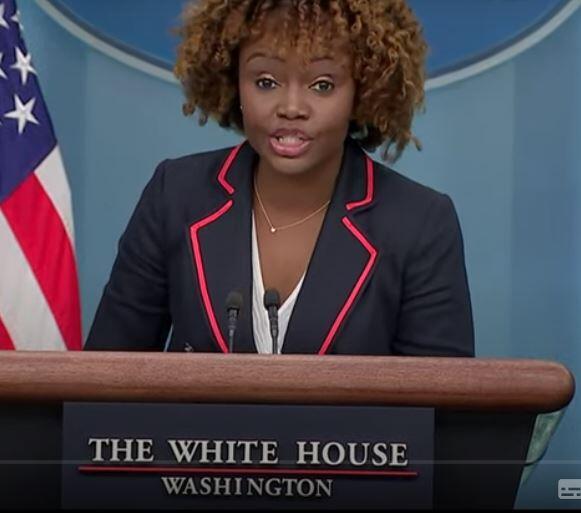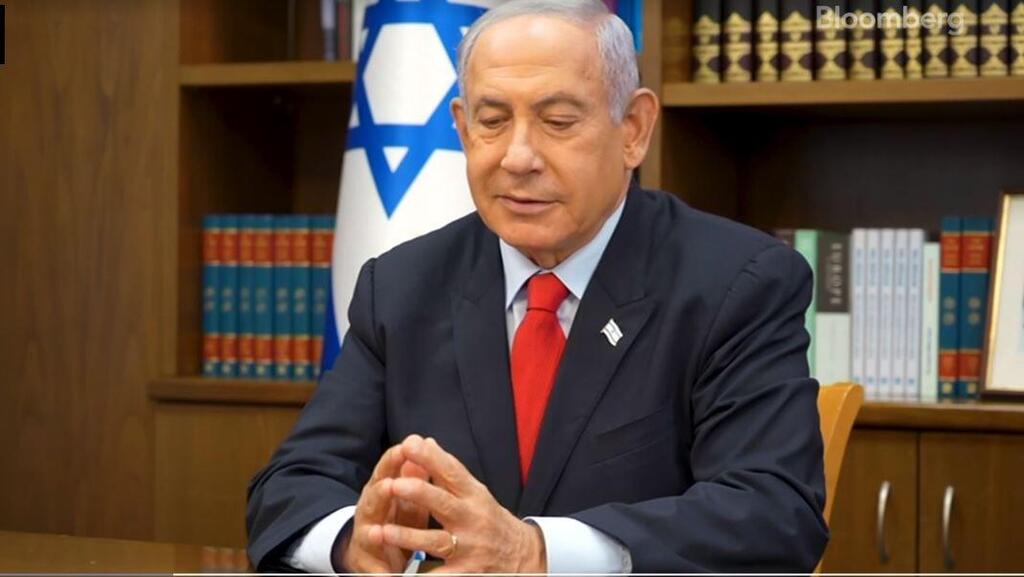Getting your Trinity Audio player ready...
Since this war began, I am increasingly convinced that, when it is over, we will have to insist on receiving frequent and comprehensive briefings from all government ministries. They must talk to us not only on special occasions like war, the opening of a school year or the presentation of a budget, but regularly, as a matter of course. Lest we forgot, the prime minister, ministers and every official, are all our paid employees. The information is ours, the consequences are ours, the lives are ours. We must be familiar with the decisions which affect us, and must know how they are made and what their consequences may be.
Read more:
Imagine that during Chol Hamo'ed Sukkot, the intermediate days of the Feast of Tabernacles, there would have been a press briefing with the spokesman of the Defense Ministry, or a representative of the Israel Defense Force. A military reporter might have asked if it is true that troops are being diverted from the Gaza border to protect settlers in the West Bank (such rumors are currently circulating but as of this writing, more than a week later, have been neither confirmed nor denied). The question would not have been raised in a private conversation between journalist and spokesperson, but in a room with other representatives of the press, possibly cameras. One colleague may have had complementary information, others might have asked follow-up questions. It is possible that the question, the subsequent discussion, and anticipation of publication might cause those who decided (or not) on the move, to reconsider it.
2 View gallery


Answeing press questions everyday should be an Israeli feature as well
(Photo: Screenshot )
Benjamin Netanyahu, who often brings America as an example of how matters should be managed, no doubt knows that, in addition to random interviews and press conferences by the president and his secretaries, citizens are briefed regularly and thoroughly. Thus, every noon, accredited reporters gather in the White House briefing room. The press secretary issues prepared statements and then answers questions. She is aware of her responsibility to provide information and has therefore prepared herself on current issues. She knows that the public has the right to know and when she is unable to answer immediately, she promises to inquire and come back to the questioner. It is expected what she could not answer today will be answered tomorrow, and if not she must provide an adequate explanation. This happens day after day, weekends excepted.
A similar process takes place daily a few blocks away, in the State Department. It is no secret that the head of any department and other senior officials might have favorite reporters, who will enjoy interviews and leaks, and gain headlines and fame. But the reporters who are not in that preferred circle are also entitled to ask questions and provide their readers with information on issues which interest them. Even when a reporter and the medium he represents are highly critical, he will have his chance to ask, his colleagues will hear the answer, and there will be discourse about the issue. Other government departments are also respectful of their responsibility to inform the taxpayers, those who pay their public salaries. For the record: such briefings do not replace individual interviews, and do not imply exposing secrets.
And here in Israel? Periodically we are blessed with a recorded message, with flags behind the speaker. This is meant to convey seriousness and statesmanship, but in fact reflects condescension. Government offices call press conferences on particular subjects and most commonly release statements to the press. True, a journalist can always turn to the relevant spokesperson, but we have no set method of providing information. My sense is that those who manage our lives strive to hide whatever they can, and provide information only when it reflects well on them or when they have no choice. It seems that the attitude is, the less we the people know the less we will bother them, and they will be able to continue unimpeded with whatever they choose.
 Tova Herzl
Tova HerzlLouis Brandeis, the first Jew to sit on the United States Supreme Court, famously said that sunlight is the best disinfectant. To those who would model us on America, I suggest that as a first step, don't infantilize us. We don't need a daily briefing from every ministry, let us begin with a weekly one, but let it be thorough. The people and the leaders must understand that information is not a favor granted by the regime, but a natural right. We must be informed, so that we may take an intelligent stand. Our leaders will not be surprised to hear that we do not fully trust them. In order to restore trust, you must talk not about us, or at us, but to us, honestly and regularly, via the intermediaries from the press.
- Tova Herzl served as ambassador to South Africa, was the first ambassador to the Baltic countries after the breakup of the USSR, and was responsible for relations with Congress at the Israeli Embassy in Washington







